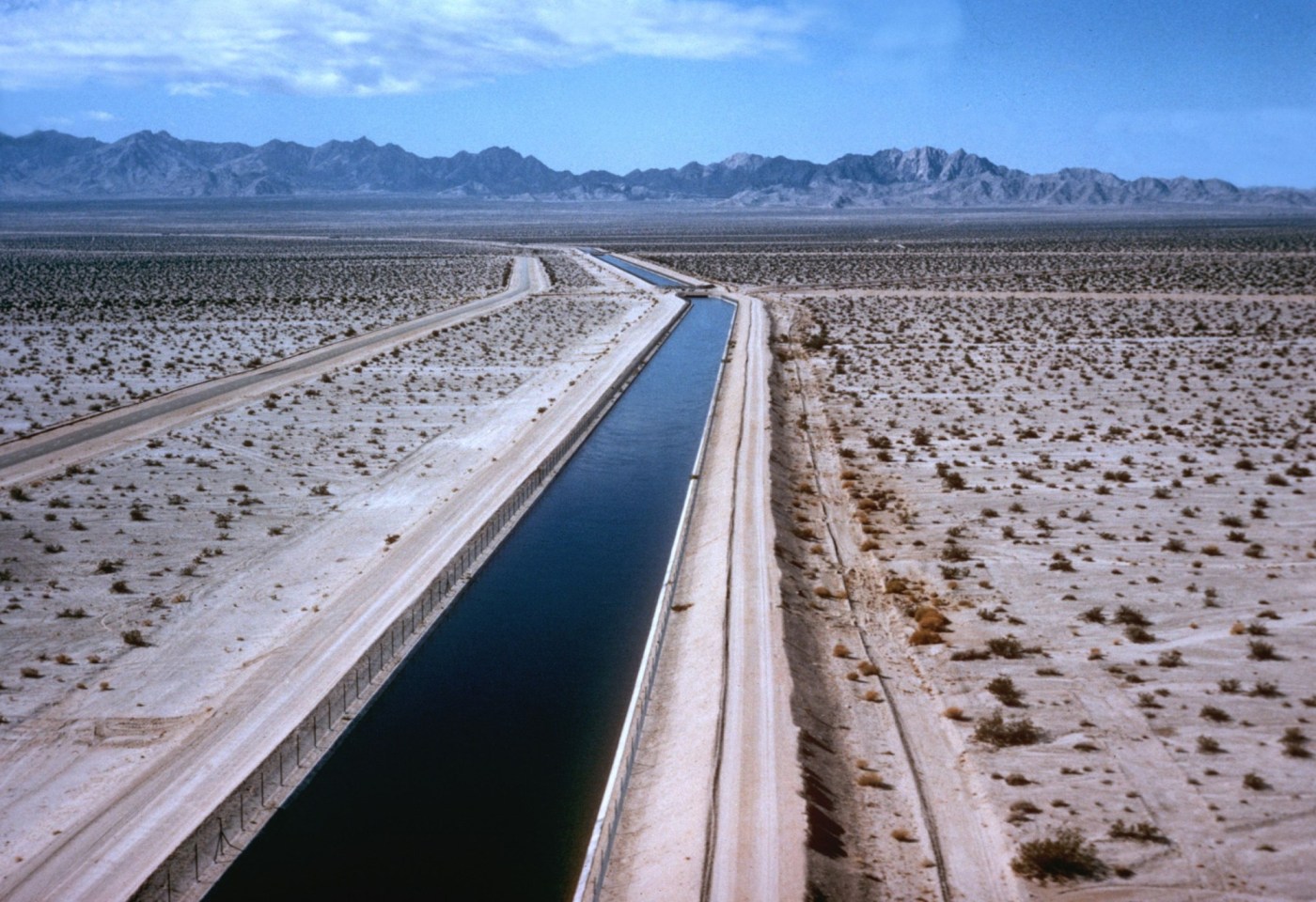The Metropolitan Water District of Southern California is in the process of finding a new general manager, following a series of leadership changes over the past five years. This role is critical, as it oversees the nation’s largest water wholesaler, which supplies water to approximately 19 million people across six Southern California counties. The district is looking for a leader who can provide stability and direction during a time of significant challenges and decision-making.
Adán Ortega, chairman of the board at the Metropolitan Water District, emphasized the importance of this position, stating, “Stability is important.” The district, which has a 97-year history, manages an extensive infrastructure that includes 20 reservoirs, 24 dams, and nearly 700 miles of aqueducts. Its annual budget is approximately $2.4 billion, financed through property taxes and water fees.
Critical Decisions Ahead
The new general manager will be tasked with navigating a range of pressing issues, notably the future of the Delta Conveyance Project. This ambitious initiative, currently estimated at $20 billion, aims to improve water delivery from Northern California to Southern California. Various versions of this project have received support from multiple California governors over the years, yet it has also faced sustained opposition from environmentalists and local residents.
Ortega indicated that while the Metropolitan Water District has conducted studies on the project’s feasibility, no final commitment has been made regarding its construction. If the project proceeds, the district could be responsible for covering at least 60% of the costs.
The board of directors, comprising 38 members, plays a significant role in critical decisions, but the general manager acts as a key advisor, providing insights from the district’s expert staff. This dynamic positions the new leader as a pivotal figure in shaping the availability and pricing of water, a vital resource for countless households.
Alongside the Delta project, the district is also contemplating its Pure Water program, which focuses on wastewater recycling. This initiative aims to transform wastewater into drinking water, potentially reducing reliance on imported sources. The board has identified this project as a crucial element in the upcoming leadership decisions, with plans to expand the program significantly in the coming years.
Hiring Process Under Scrutiny
The hiring process for the new general manager has raised questions about transparency and collaboration. Following a recent meeting on August 19, district officials did not confirm any candidates for the position or provide details about ongoing discussions. Critics, including Alan Shanahan, president of the Employees Association of the Metropolitan Water District, have expressed concerns over the perceived secrecy of the process.
“We are concerned about the final pool of six candidates and the manner in which it was being carried out,” Shanahan stated in a public letter addressed to the board.
Shanahan’s letter pointed out that a lack of transparency could undermine trust among the district’s employees and the public. He also raised concerns that contractors with vested interests in the district might have undue influence in the hiring process. Ortega defended the proceedings, asserting that the process is legal and aligns with public transparency expectations.
The search for a new general manager highlights a broader debate about the future of water management in California. Historically, the Metropolitan Water District has relied on importing water from the Colorado River, but climate change and competing demands from other states are making this strategy less viable. Some board members advocate for a shift toward greater local water independence, while others support continuing traditional water import strategies.
Garry Brown, founder and president of Orange County Coastkeeper, described the situation as a philosophical clash within the board. He noted that older, engineer-oriented members may resist candidates who advocate for innovative approaches to water management. “We know they’ve already shut out some candidates who are absolutely qualified who absolutely would push the district to modernize,” Brown explained.
The pressure is mounting for the Metropolitan Water District to adapt to changing environmental conditions and population dynamics. As the search for a new general manager continues, the decisions made in the coming months will shape the future of water resources for Southern California.
Ultimately, the hiring of a new leader is not just about filling a position; it represents a pivotal moment in the district’s history. With the potential for transformative projects on the horizon, the choice of general manager will likely have lasting implications for water management strategies in the region.






































































